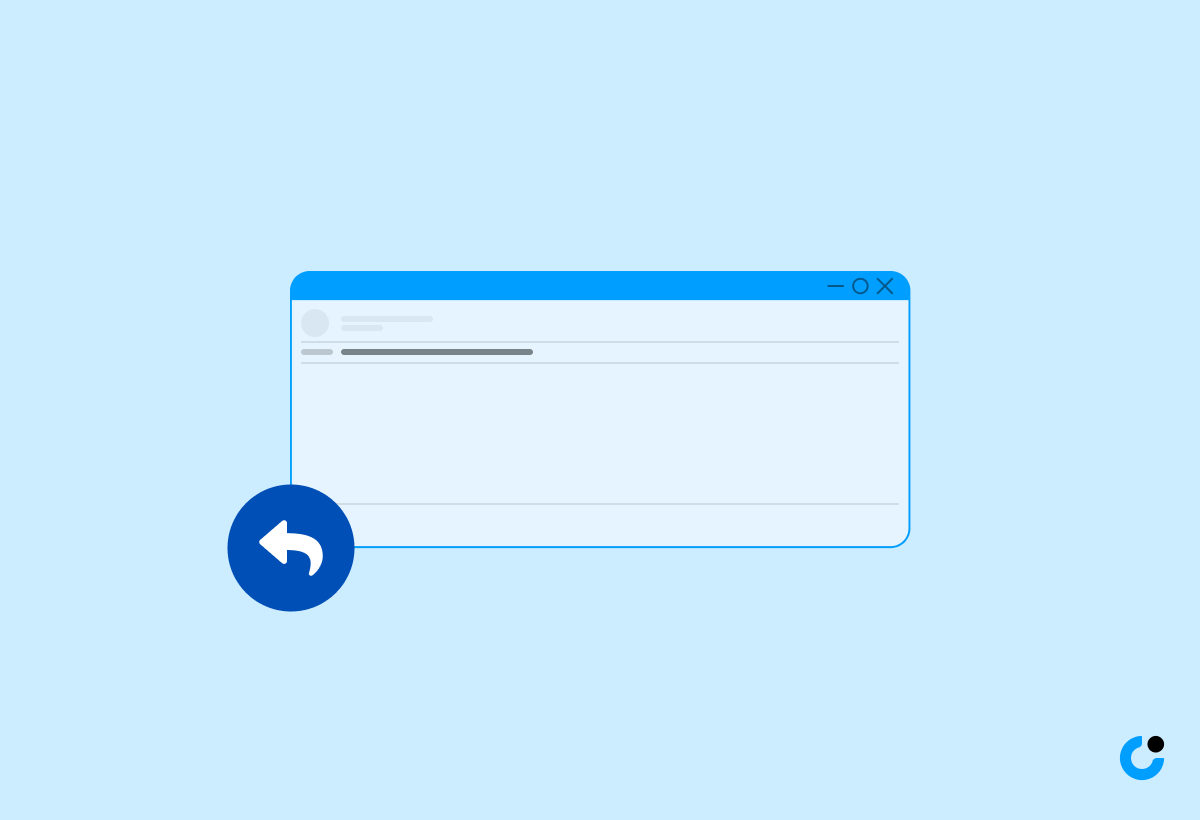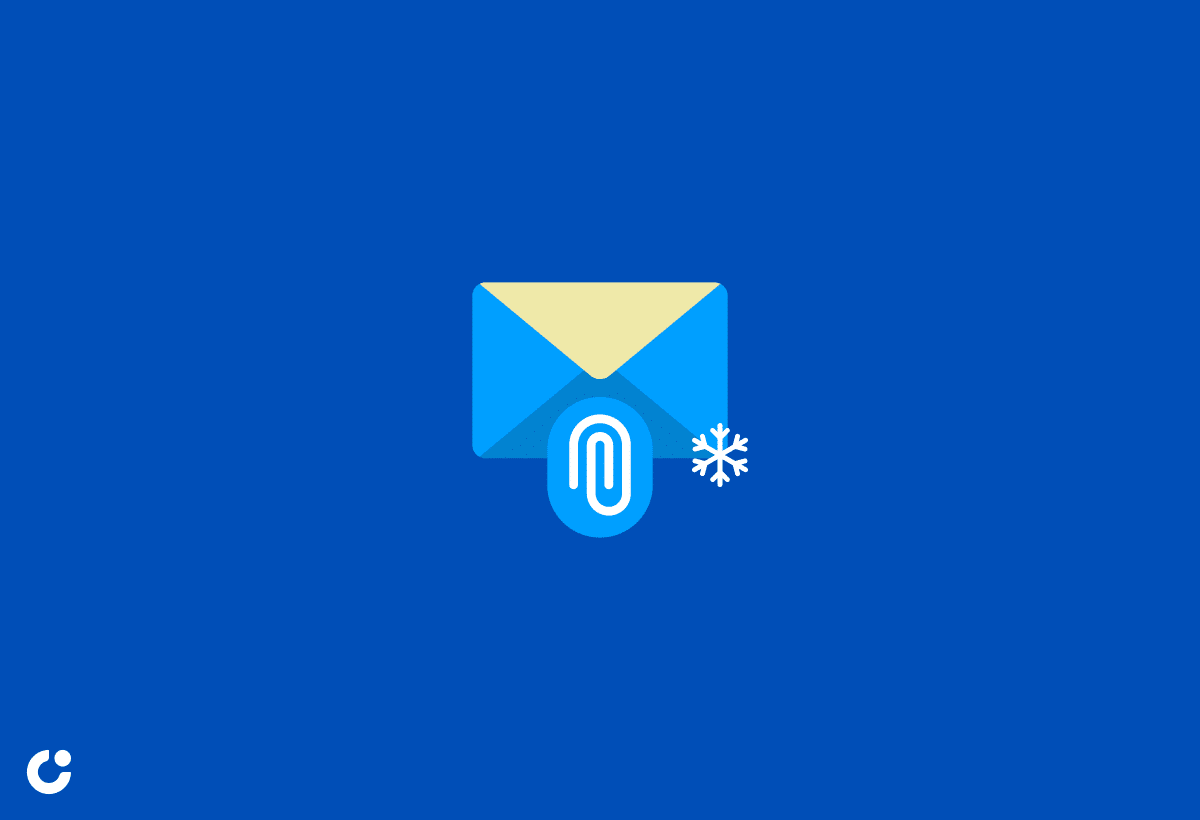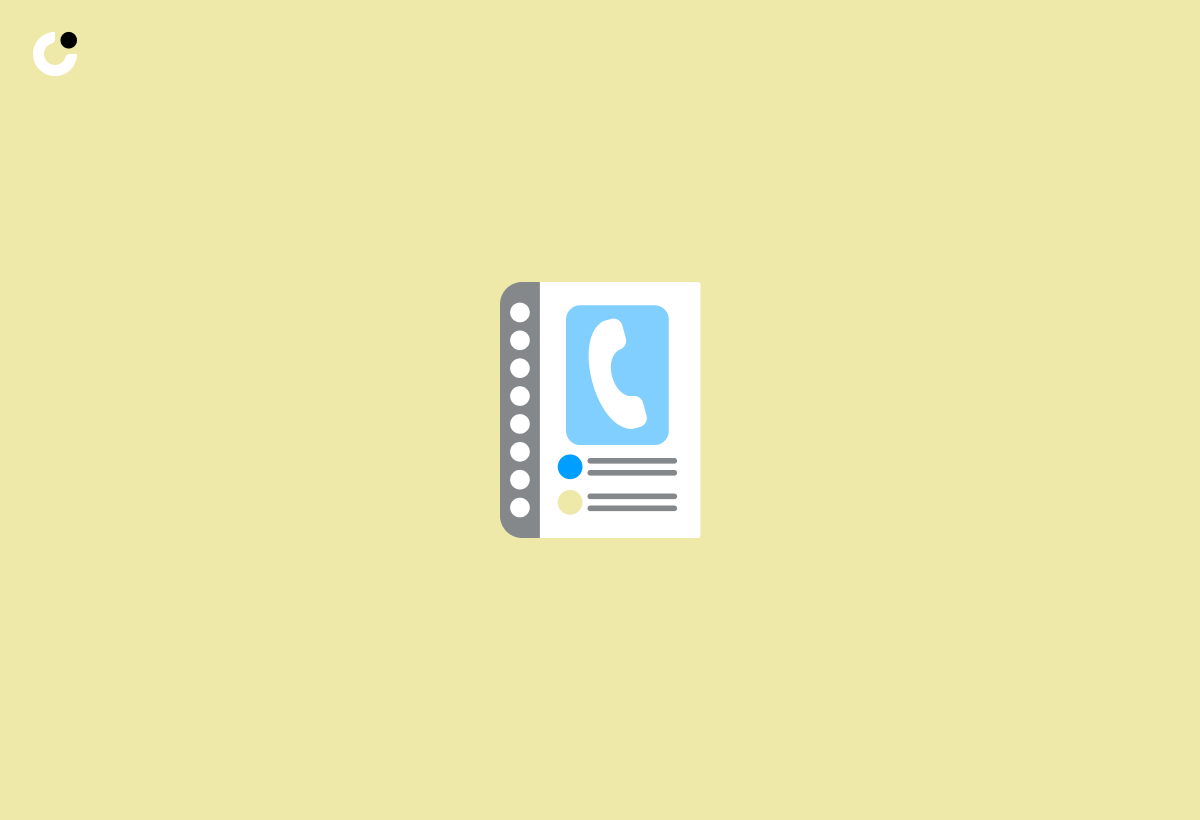Picture yourself as an aspiring actor, eager to land roles and establish connections in the film industry. Cold emailing casting directors can be a crucial step in achieving your acting dreams. But, how do you create an email that stands out and gets you noticed? In this blog post, we share expert tips on crafting the perfect cold email, making a lasting impression, and increasing your chances of landing successful auditions.
Key Takeaways
- Craft a professional, accurate subject line to create an impactful impression.
- Personalize your introduction and highlight unique skills, experiences & acting type.
- Include headshots and reels while demonstrating industry savvy & following up respectfully.
Crafting the Perfect Cold Email Subject Line

The subject line is your first impression, a small window of opportunity to grab the casting director’s attention. You should be concise and include your name and the character you’re interested in. For instance, “Jane Doe - Audition for Character X.” Keep it straightforward and aim for the bare minimum, avoiding clickbait or gimmicks, as casting directors are busy people with no time for games.
Accuracy is key when contacting casting directors. Here are some tips to ensure your emails are professional and effective:
- Use a spell check system to catch any spelling or grammar errors and double check your writing.
- Include a professional email signature with your contact information.
- Seek feedback from friends or other professionals to confirm that your writing is up to par. Remember, incorrect spelling or grammar can leave a poor impression and may lead to your email being disregarded, similar to the negative impact of cold calling.
You should understand the primary types of emails you can send to casting directors, including introductory emails, sharing new content, or inviting them to an upcoming show. Crafting an effective introductory letter, proofreading, and using spell check can make a positive impression and increase your chances of receiving a response. However, it’s not recommended to contact casting directors to solicit auditions or request feedback on a self-tape.
The Opening Act: Personalized Greetings and Introductions

Begin your email by addressing the casting director by their name, especially if it’s mentioned in the casting call. This small gesture shows you’ve done your research and are genuinely interested in the role. Also, study the casting director’s work and identify common interests, like mutual acquaintances or industry connections.
Creating a personal connection can increase the likelihood of the casting director wanting to know more about you and consider you for representation. For example, mentioning a recent project they worked on or a mutual friend can demonstrate your interest and commitment to building a relationship with them.
Maintain a polite and courteous tone throughout your email. Casting directors appreciate professionalism, and showcasing the skills and experiences you’ve gained from acting classes or drama school can further strengthen your introduction.
Showcasing Your Talent in Text

In the body of your email, highlight your unique skills, experiences, and acting type. Be specific about the roles you usually get cast in or would be auditioning for. This helps the casting director understand your strengths and potential fit for their projects.
Don’t shy away from showcasing your personality and sharing a glimpse of your life story, as it can leave a lasting impression on the reader. For example, one actor mentioned their college and enthusiasm for their alma mater, which resonated with the casting director and sparked a positive response.
When requesting a meeting or audition, be clear and direct. Phrase your request in the form of a question, ending with a question mark. This shows your interest and initiative while maintaining a professional tone.
Attaching the Essentials: Headshots and Reels

It is important that your headshot looks professional as it accurately portrays your appearance and capabilities. Attach your headshots in a widely used format like JPEG or PNG, ensuring they are compressed for easy email attachment.
To make your headshots stand out, follow these tips:
- Present an accurate depiction of yourself.
- Showcase your range.
- Convey your personality.
- Keep them up to date.
This allows many casting directors to see your versatility and potential for various roles while ensuring that your headshot matches your current look.
Demo reels are equally important when emailing casting directors. Attach a link to your reel, showcasing your best work and highlighting your unique abilities. Make sure your reel is up to date and professionally edited to leave a lasting impression.
Demonstrating Industry Savvy

Exhibiting industry knowledge can help you stand out from other actors and make a positive impression on casting directors. As an industry professional, mention relevant TV shows, films, or projects that align with your acting type and interests. This demonstrates your understanding of the industry and the roles you’re qualified for.
Tailor your email to the specific casting director or agent by researching their work and staying informed about current trends, including those on social media. Using industry-specific terminology and references can further display your industry savvy.
By demonstrating your knowledge of the industry, you not only show your commitment to your acting career but also increase your chances of building a strong connection with the casting director.
The Closing Curtain: Polite Sign-offs and Contact Details

End your email with a polite sign-off, expressing gratitude for their time and consideration. Use a professional closing salutation, such as “Best regards,” followed by your name.
If you’re inviting the casting director to an upcoming show, make the process as smooth as possible by providing complimentary tickets and necessary information.
Don’t forget to include your contact information for further correspondence. This allows the casting director to easily reach out to you if they’re interested in discussing potential roles or auditions.
Following Up Without Overstepping

Following up on your initial email is important, but you shouldn’t overstep boundaries or annoy the casting director with multiple direct messages. Casting directors are busy people, and sometimes your email might not receive an immediate response.
You should reach out to a casting director once every 4-6 months. If you haven’t received a response after approximately three attempts, take a break and check back in after a period of three months, highlighting any new successes. Remember, persistence is key in the acting industry, but it’s also essential to respect the casting director’s time and boundaries.
Always consult your agent before reaching out to casting directors if you are represented. Your agent can guide you on the best course of action and ensure you’re following proper etiquette in your communications.
Summary
Cold emailing casting directors is an art that requires a perfect balance of professionalism, personal connection, and industry knowledge. By crafting a captivating subject line, making a lasting introduction, showcasing your talent in text, attaching essential materials, demonstrating industry savvy, and following up without overstepping, you can increase your chances of landing successful auditions and building a fruitful acting career.
Remember, persistence, patience, and genuine connections are key in the acting industry. With these tips in hand, you’re well on your way to mastering the art of cold emailing casting directors and taking your acting career to new heights.
Frequently Asked Questions
Is it a good idea to email casting directors?
Emailing casting directors can be a good idea if you have a strong relationship with them, have something new to share, or are responding to a breakdown. However, it is important to remember that casting directors are busy and should not be contacted on social media unless specifically asked to.
How do you get casting directors to notice you?
Reach out to casting directors directly with a professional email that has the production and role you're applying for in the subject line, include a great headshot, and provide a brief overview of your background and why this particular project is of interest to you. Additionally, invite them to any performances you have coming up and offer to provide something of value.
How do you pitch yourself to a casting director?
Get to the point in your subject line and include your headshot prominently in the body of the email. Be polite, use as few words as possible and let them know if you've submitted a self-tape.
How do I create an effective cold email subject line?
Craft a professional, concise subject line that includes your name and the character you're reaching out to, for an effective cold email.
How can I make a personal connection with the casting director in my email?
Start by addressing the casting director by name, research their work and discover any common ground or mutual acquaintances you may have. Showing genuine interest in connecting with them on a personal level will go a long way.

